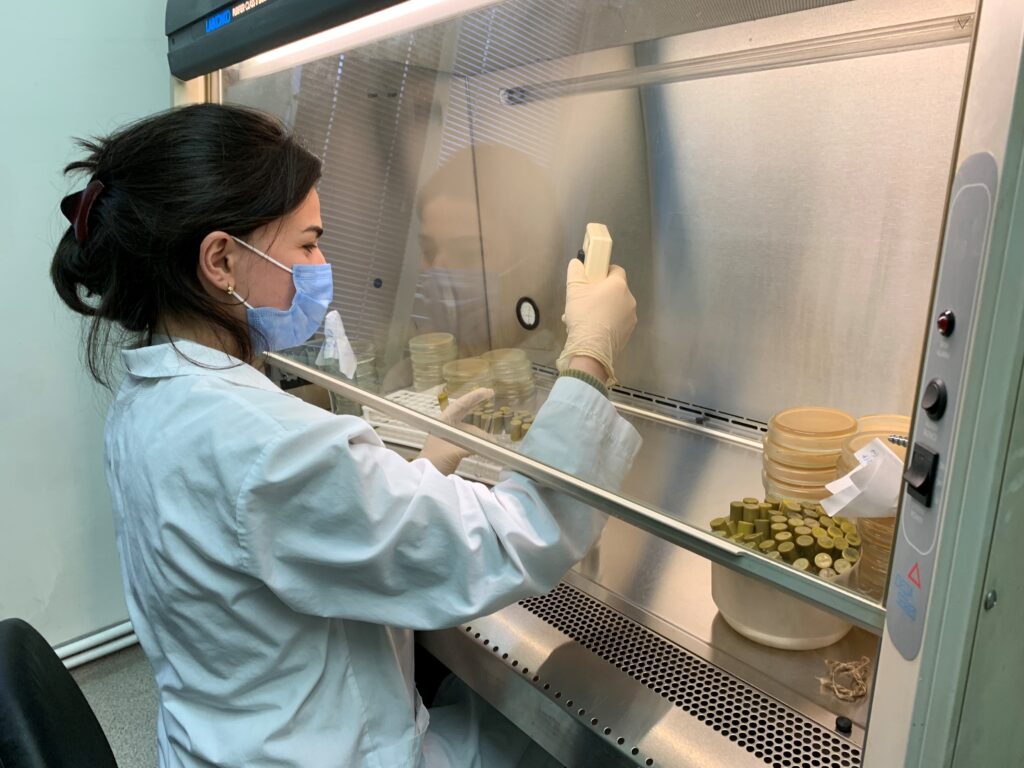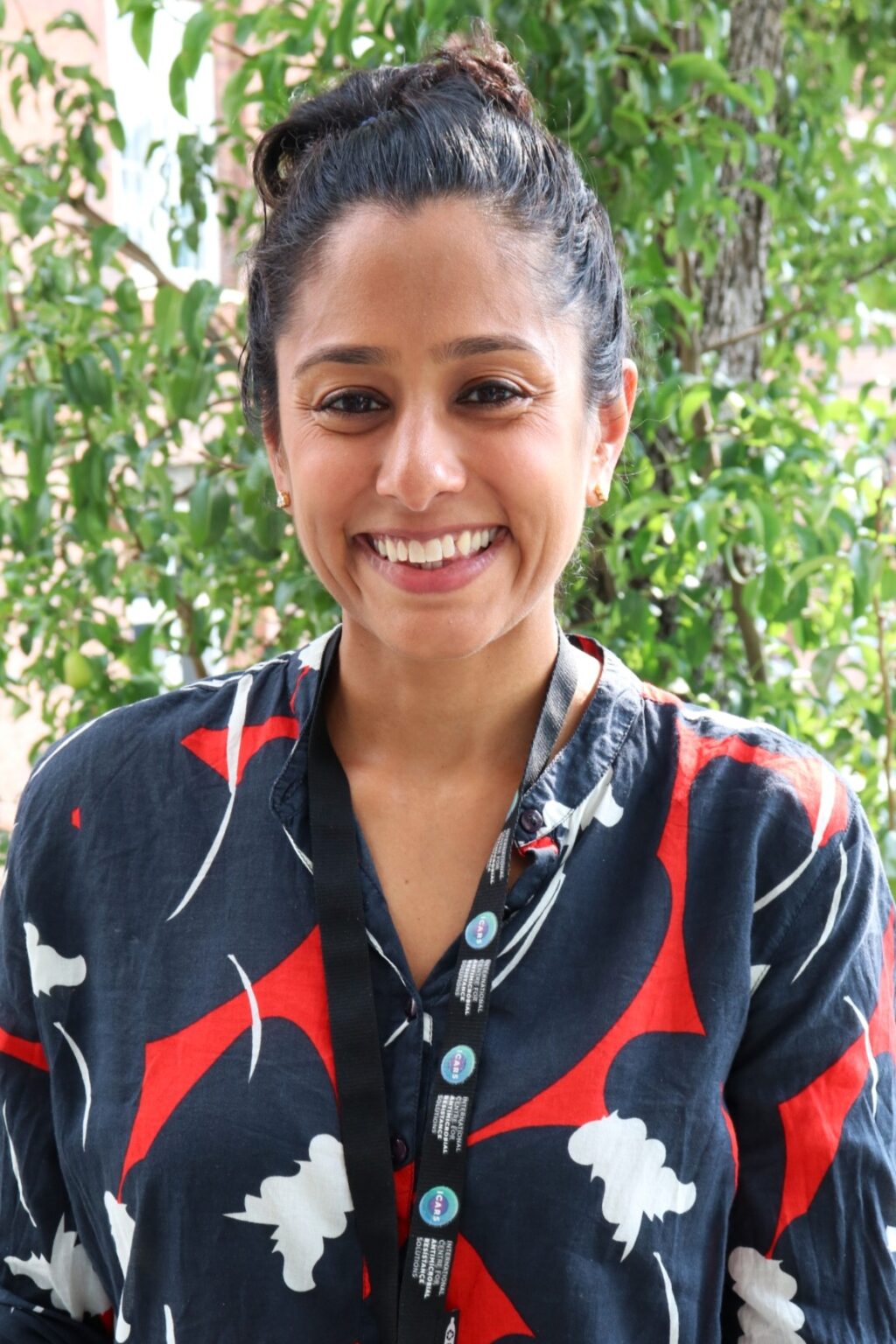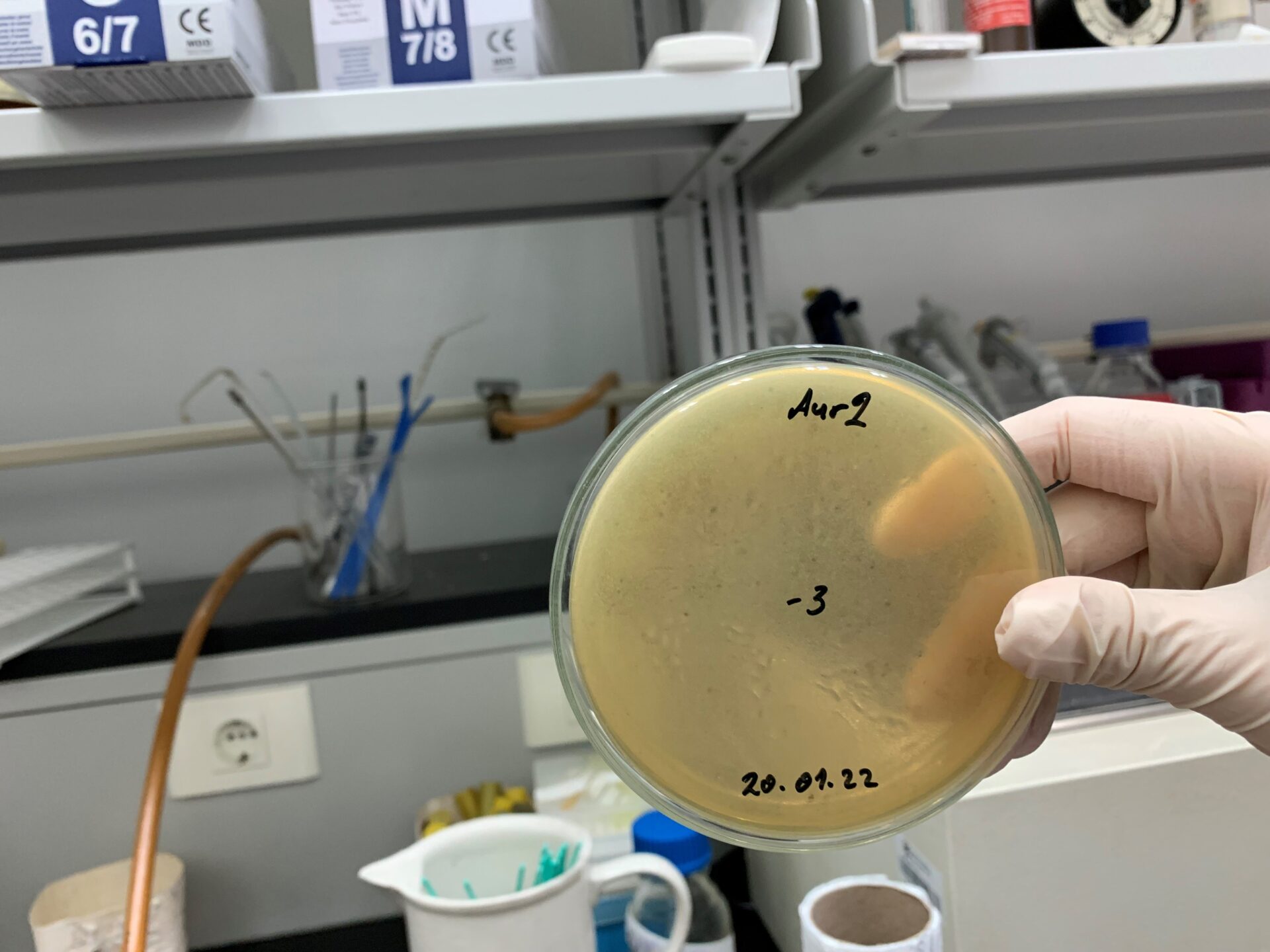Use of MALDI-TOF and Rapid Antimicrobial Susceptibility Testing to manage bloodstream infections
Context
In the 2000s, hospital acquired infection (HAI) surveillance programmes were initiated in Georgia. These projects aimed at establishing an active surveillance for HAIs including blood stream infections (BSIs). However, achieving sustainability has been a major issue. The results of a comprehensive review of the epidemiology of microbial organisms that were causing HAIs in Georgia have shown that the burden of these infections in the Georgian healthcare system is extremely high. Furthermore, according to WHO’s Central Asian and Eastern European Surveillance of Antimicrobial Resistance (CAESAR) Annual Report 2020, the utilization of routine blood culture diagnostics in Georgia is low, due to lack of laboratory capacity and perception of clinical utility.
Problem
Bloodstream infections (BSIs) are severe infections associated with high morbidity and mortality, thus empirical antibiotic treatment (i.e., therapy initiated without microbiological identification and susceptibility) on suspicion of BSIs is the standard procedure. Nonetheless, there is evidence that empirical antibiotic treatment is associated to a high rate of inappropriate use of antibiotics not only fueling AMR, but also increasing the risk of negative clinical outcomes (i.e., higher morbidity and mortality).

Project overview
This project aims to assess the feasibility of using MALDITOF and RAST performed at NCDC (Lugar Center) as part of an antimicrobial stewardship program for the diagnosis and management of BSI at all departments in two hospitals in Georgia.
Feasibility study on the use of MALDI-TOF and Rapid Antimicrobial Susceptibility Testing (RAST) as part of an antimicrobial stewardship program for the management of bloodstream infections in all departments in two hospitals located in the capital city, Tbilisi. The study encompasses two levels of the target population. The first level includes adult patients with suspected BSI. The second level are the health care professionals constituting the Antimicrobial Stewardship team (i.e., clinicians, epidemiologists, microbiologists and pharmacists). A mixed-methods approach includes the implementation of a feasibility trial and a qualitative study. The feasibility trial will assess the turnaround time from a positive blood culture to report of identification of the bacterial strain, recruitment rate of suspected BSIs within a 3 month period, the need to modify inclusion criteria, data collection procedures and outcomes measures. The qualitative study will identify whether the study procedures are acceptable for the clinicians during every day practice.
“The project has the potential to fundamentally change the approach to diagnosing bloodstream infections in Georgia. We are hoping that by the end of the second phase of the study, we will be able to develop and implement antimicrobial stewardship program for the management of BSIs by utilising MALDI-TOF and RAST at a national level.”
Outcomes
- Knowledge on the cost, and feasibility of the procedures for a larger trial
- Development of context-specific BSI surveillance protocols and data collection tools.
“This project paves the way to showcase the importance of strengthening laboratory capacity if we are to implement effective and sustainable antimicrobial stewardship programs within the Georgian context.”
Gloria Cristina Cordoba Currea, Senior Science Advisor, ICARS
Facts
Region: Europe
Sector: Humans
Country: Georgia
Type: Supporting activity
Country partners: Ministry of Health, National Centre for Disease Control, Aversi Clinic, Tbilisi Central Hospital
Timescale: 1st April 2022 - 31st August 2024
ICARS funding: 73,855 USD
ICARS Science Team


Resources
Share
Share this project on socials

